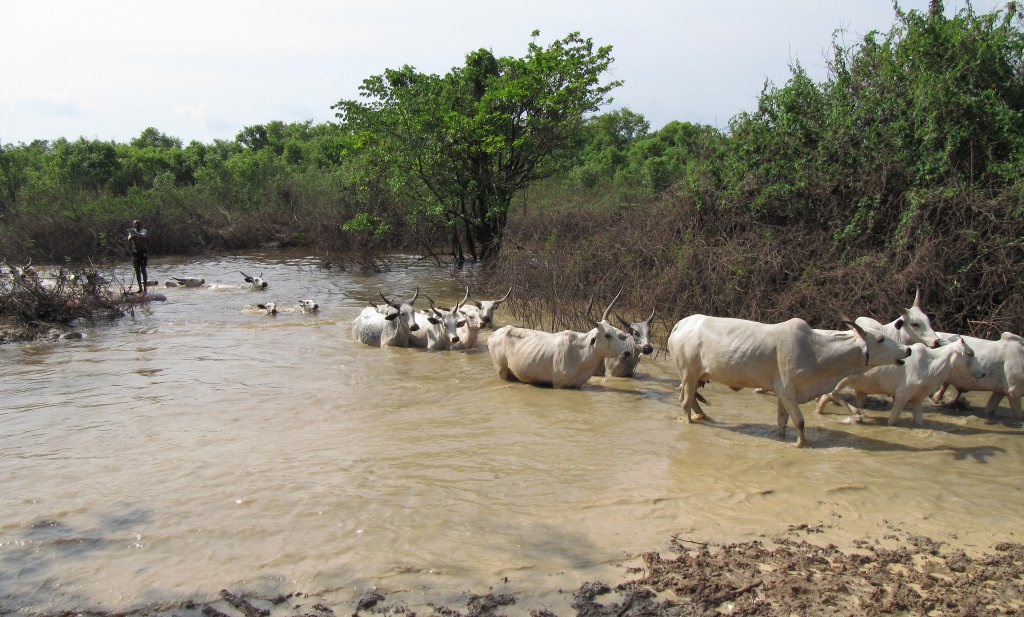Every smallholder farmer is full of a lot of stories of agony and few success stories as production is considered a more science oriented process and few acts. Thus, it requires a lot of trial by errors in order to get it right. This shows that producing food is not that easy as it involves different processes and activities which must align appropriately. Sadly, the influence of external shocks over the recent years have been impacting these processes and activities negatively, and one of these major shocks is climate change.
The impact of climate change cannot be overemphasized because every season, farmers are losing their investment due to flood, dry spell, pests and diseases' infestation, drought amongst other, which had been intensified by the change in the climate. Worse still, these losses are solely borne by the farmers, leading to shrink in production capacity and sometimes,total loss of investment. Many farmers are being pushed into poverty every season as a reason for the impact and as it stands now, smallholder farmers do not have sufficient knowledge to minimize the effects of climate change.
It is essential for agricultural stakeholders in developing countries to take proactive measures to help save farmers from losing their livelihood in totality because it is a threat to food security. Addressing the impact of climate change by adopting long term goals is good but providing palliative in the short term for smallholder farmers to strive is very important. As climate change ravages our farms and reduces productivity, there should be equal efforts in providing an enabling environment where farmers can easily bounce back. Also, development and dissemination of climate smart technologies adaptable to our environment so that farmers can remain productive in the face of this external threat. Furthermore, more investment in micro insurance is essential so that insurance companies will be able to provide more protection to smallholder farmers in order to ensure that claims are paid on time and at the appropriate value.
Our reality today is that climate change is depriving millions of people of food, destroying livelihoods and increasing emotional trauma. Therefore, this should be everyone's business to fight to end it so that we can survive, strive and thrive, and at the same time sustain our growth and development. No one must be left behind.
Yours-in-Service
Babatunde
It is essential for agricultural stakeholders in developing countries to take proactive measures to help save farmers from losing their livelihood in totality because it is a threat to food security. Addressing the impact of climate change by adopting long term goals is good but providing palliative in the short term for smallholder farmers to strive is very important. As climate change ravages our farms and reduces productivity, there should be equal efforts in providing an enabling environment where farmers can easily bounce back. Also, development and dissemination of climate smart technologies adaptable to our environment so that farmers can remain productive in the face of this external threat. Furthermore, more investment in micro insurance is essential so that insurance companies will be able to provide more protection to smallholder farmers in order to ensure that claims are paid on time and at the appropriate value.
Our reality today is that climate change is depriving millions of people of food, destroying livelihoods and increasing emotional trauma. Therefore, this should be everyone's business to fight to end it so that we can survive, strive and thrive, and at the same time sustain our growth and development. No one must be left behind.
Yours-in-Service
Babatunde
Related



